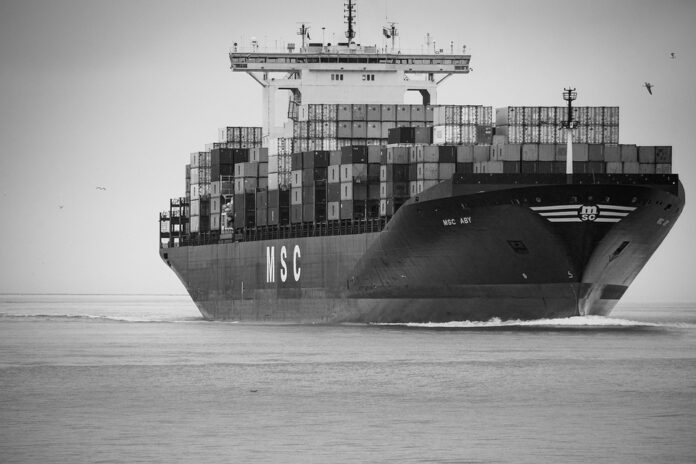Introduction
In today’s globalized economy, businesses involved in international trade face numerous challenges when it comes to managing export risks and forecasting customs processes. With the rise of artificial intelligence (AI) tools, companies now have access to advanced technologies that can help streamline these processes and enhance decision-making. This report will explore the various AI tools available for export risk management and customs forecasting, providing insights into how they can benefit businesses in the industry.
AI Tools for Export Risk Management
1. Risk Assessment Models
AI-powered risk assessment models are becoming increasingly popular among exporters looking to mitigate potential risks associated with cross-border trade. These models leverage machine learning algorithms to analyze historical data, market trends, and other relevant factors to predict potential risks and provide recommendations for risk mitigation strategies. Companies such as Descartes Systems Group and E2open offer AI-driven solutions that help businesses identify and address export risks in real-time.
2. Trade Compliance Solutions
Ensuring compliance with trade regulations and customs requirements is crucial for successful export operations. AI tools can assist companies in navigating complex trade compliance issues by automating the classification of products, screening parties against sanctions lists, and managing documentation requirements. Companies like Integration Point and OCR Services Inc. provide AI-driven trade compliance solutions that help businesses stay compliant while reducing the risk of penalties and delays.
AI Tools for Customs Forecasting
1. Predictive Analytics Platforms
Predictive analytics platforms powered by AI are revolutionizing customs forecasting by enabling businesses to predict demand, optimize inventory levels, and anticipate supply chain disruptions. These platforms leverage advanced algorithms to analyze historical data, market trends, and external factors to generate accurate forecasts that help businesses make informed decisions. Companies like ClearMetal and FourKites offer AI-driven predictive analytics solutions that help businesses improve customs forecasting accuracy and efficiency.
2. Trade Intelligence Software
Trade intelligence software equipped with AI capabilities can provide businesses with real-time insights into global trade dynamics, market trends, and regulatory changes. These tools enable companies to monitor trade patterns, identify emerging risks, and optimize customs processes for greater efficiency. Companies such as TradeLens and Tradeshift offer AI-powered trade intelligence software that helps businesses stay ahead of the curve in customs forecasting and trade management.
Industry Insights and Financial Data
According to a report by Grand View Research, the global trade management software market is expected to reach $1.43 billion by 2025, driven by the increasing demand for advanced technologies like AI in export risk management and customs forecasting. Leading companies in the industry, such as Descartes Systems Group and ClearMetal, are investing heavily in AI tools to enhance their offerings and provide value-added services to customers. With the rise of AI-powered solutions, businesses can expect improved efficiency, accuracy, and compliance in their export operations.
In conclusion, AI tools play a crucial role in revolutionizing export risk management and customs forecasting for businesses engaged in international trade. By leveraging advanced technologies like predictive analytics, risk assessment models, and trade intelligence software, companies can enhance decision-making, mitigate risks, and optimize customs processes. As the global trade management software market continues to grow, businesses that invest in AI tools will gain a competitive edge and drive success in the evolving landscape of international trade.




